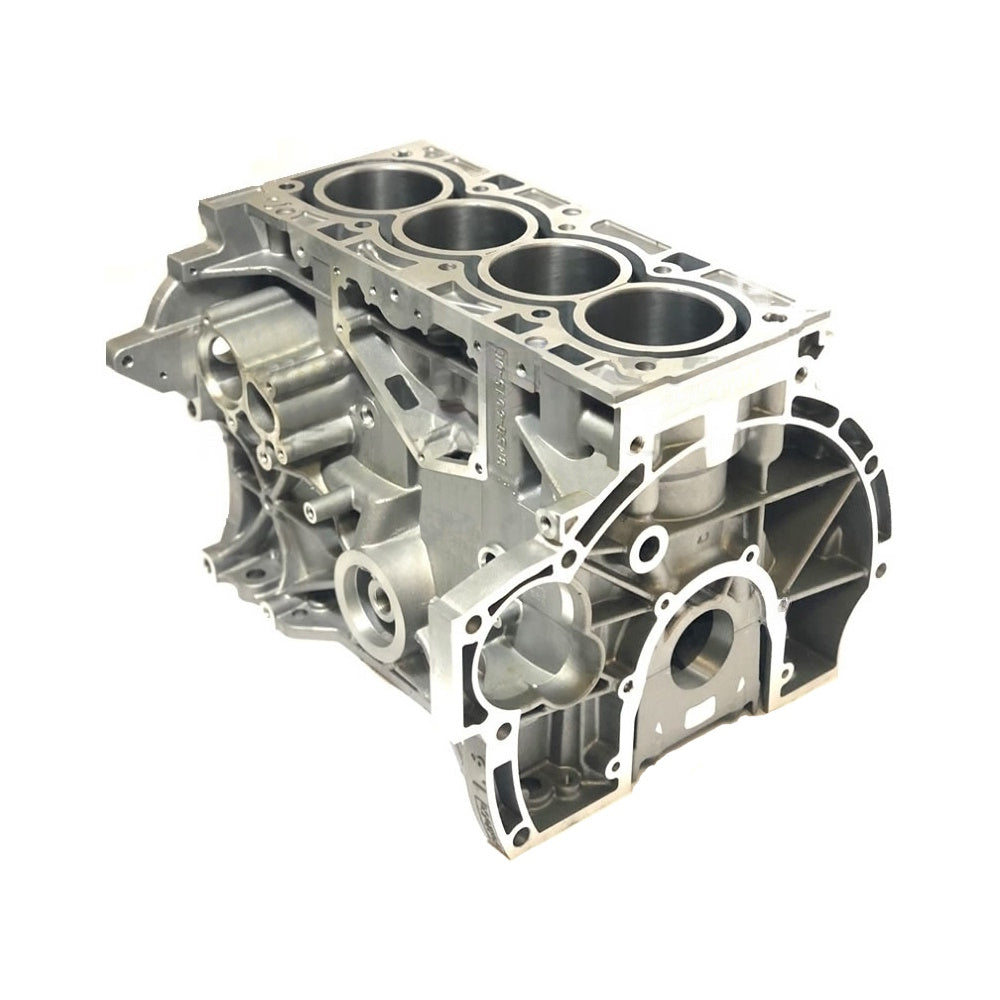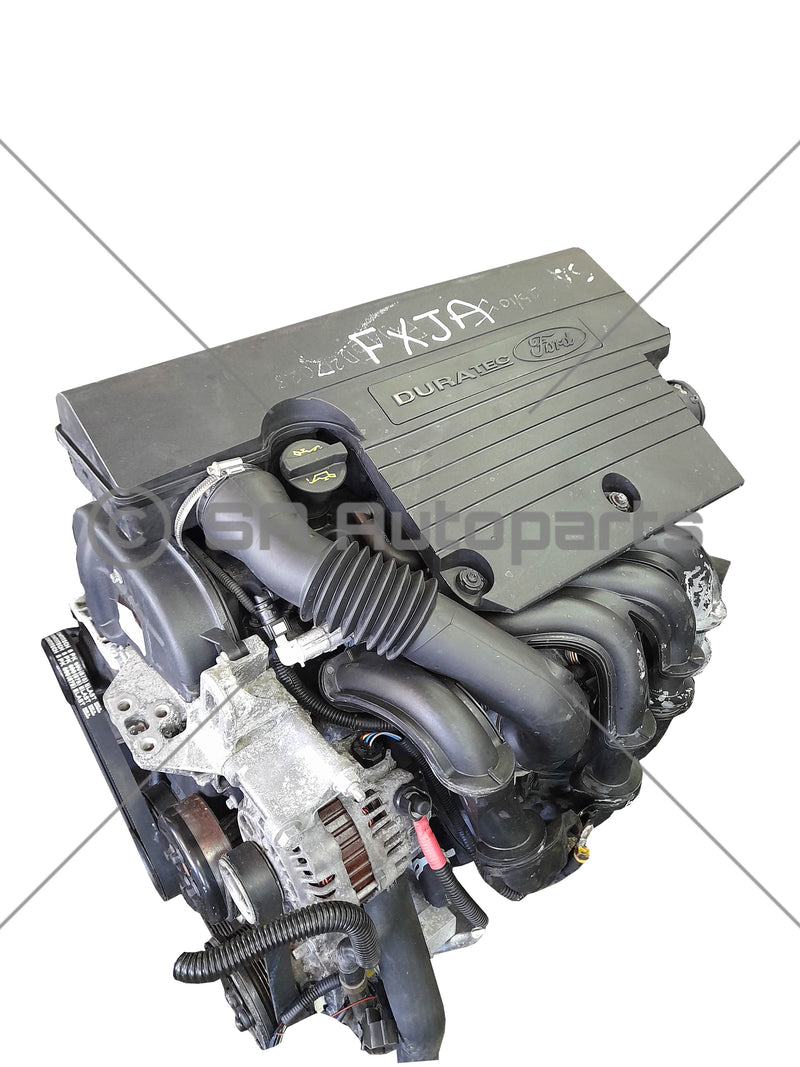Discover the Latest Ford Fiesta Engine Upgrades for Enhanced Power
Discover the Latest Ford Fiesta Engine Upgrades for Enhanced Power
Blog Article
The Future of Engines: Innovations Driving Sustainable Power Solutions
As the vehicle industry browses the necessary transition in the direction of sustainability, the future of engines is significantly specified by groundbreaking developments. Electric engine developments, along with appealing growths in hydrogen gas cells and biofuels, are reshaping the landscape of power services. The introduction of hybrid systems additionally complicates this evolution, providing both obstacles and opportunities to minimize emissions successfully. Combined with the combination of artificial knowledge in engine design, these technological strides elevate important inquiries regarding their long-lasting feasibility and influence on conventional paradigms. What might this indicate for the industry and consumers alike?
Electric Engine Advancement
The advancement of electric engine advancements indicates a critical shift in the automobile and aerospace industries, driven by the urgent need for lasting options to nonrenewable fuel sources. This change is defined by considerable innovations in battery technology, power electronic devices, and electric motor layout, which jointly improve the performance and performance of electrical engines.
Recent innovations have led to the production of lighter, more energy-dense batteries, such as lithium-silicon and solid-state batteries, which promise longer varieties and much shorter billing times. Furthermore, enhancements in electrical motor efficiency, such as the usage of permanent magnets and advanced cooling systems, make it possible for electric engines to operate properly under differing conditions. These improvements not only boost lorry performance however likewise add to a decrease in total energy intake.
Additionally, the combination of sophisticated software formulas has enhanced energy monitoring in electrical vehicles, permitting regenerative stopping and predictive charging methods. As producers increasingly accept electric propulsion, the auto and aerospace fields are witnessing a standard change in the direction of greener modern technologies. This evolution not just meets governing demands yet additionally aligns with customer choices for eco-friendly transportation solutions, solidifying electric engines as a keystone of future sustainable wheelchair.
Advancements in Biofuels
As the aerospace and vehicle markets significantly prioritize sustainable energy resources, innovations in biofuels become a corresponding remedy to electric engines. Biofuels, derived from natural products such as crops, waste, and algae, offer a cutting-edge method for minimizing greenhouse gas exhausts and reliance on fossil fuels.
Current study has concentrated on improving the performance and sustainability of biofuel manufacturing. Second-generation biofuels utilize non-food feedstocks, lessening competition with food supply and lowering ecological impact. Innovations in synthetic biology have actually allowed the design of microorganisms to produce biofuels more properly, leading to greater yields and lower manufacturing expenses.
Additionally, the growth of drop-in biofuels permits seamless combination into existing framework, allowing a smoother change for sectors traditionally depending on nonrenewable fuel sources. ford fiesta engine. These gas can be utilized in present engines without adjustments, promoting their fostering across different sectors
Investments in biofuel modern technology, together with encouraging policies, are necessary to drive innovation and scalability. As the worldwide community looks for to combat climate adjustment, biofuels offer a practical, prompt remedy that straightens with the overarching goal of sustainability in transportation and air travel.
Hydrogen Fuel Cell Innovation
A growing variety of business and researchers are checking out hydrogen gas cell innovation as a feasible option to standard source of power in transport and power systems. This innovation transforms chemical power from hydrogen right into power via an electrochemical reaction, with water as the only by-product, making it an ecologically pleasant choice.
The core of hydrogen fuel cells is the fuel cell stack, where hydrogen molecules are split into electrons and protons. The circulation of electrons produces power, while protons relocate via a membrane layer to combine with oxygen from the air, creating water. This process leads to high performance and low exhausts, positioning hydrogen gas cells as a crucial player you could try this out in the change to lasting power.
Significant developments have actually been made in improving the durability and effectiveness of fuel cells, together with decreasing prices through innovative manufacturing strategies. Moreover, the advancement of hydrogen production techniques, such as electrolysis powered by renewable resource resources, boosts the sustainability of the total system. As facilities for hydrogen refueling expands and manufacturing techniques become more efficient, hydrogen fuel cell technology holds wonderful pledge for decarbonizing various markets, consisting of heavy-duty transportation and stationary power generation.
Hybrid Solutions and Their Impact
Hybrid systems stand for a considerable advancement in lasting engine technology, combining standard internal burning engines with electric propulsion to maximize energy performance and reduce exhausts (ford fiesta engine). This twin method allows lorries to use both source of power, enabling better adaptability in energy intake and minimizing dependence on nonrenewable fuel sources

In enhancement to environmental advantages, crossbreed systems provide customers a sensible change in the direction of totally electric vehicles. They alleviate variety stress see and anxiety by integrating the ease of fuel with the advantages of electric propulsion, making them an appealing choice for a larger audience.
The Duty of AI in Engine Design
Leveraging sophisticated formulas and machine understanding strategies, the automotive market is significantly incorporating expert system (AI) into engine style processes. AI boosts the effectiveness and effectiveness of style by examining huge datasets to determine optimum setups and efficiency parameters. This capacity permits engineers to simulate numerous operating problems and anticipate engine behavior under multiple situations, considerably minimizing the time and cost connected with traditional prototyping approaches.
Additionally, AI facilitates the development of sophisticated materials and burning procedures customized for sustainability. By maximizing fuel efficiency and reducing emissions, AI-driven designs straighten with global efforts targeted at reducing the carbon impact of automobile engines. Device learning formulas can additionally predict upkeep needs, resulting in improved reliability and durability of engine components.
Furthermore, AI contributes in the combination of electrification technologies, such as hybrid systems, where it imp source can enhance battery administration and energy recuperation processes. As the industry relocates towards more sustainable power services, the duty of AI in engine design comes to be significantly important, driving development and enhancing the efficiency of future engines. Inevitably, the cooperation between AI and engine design proclaims a brand-new era of smarter, cleaner, and much more reliable vehicle technologies.

Conclusion
In verdict, the future of engines is being shaped by a merging of innovative technologies that prioritize sustainability. Electric engine advancements, biofuel growths, hydrogen fuel cells, and hybrid systems collectively contribute to a considerable reduction in discharges and ecological effect.
Electric engine advancements, along with promising developments in hydrogen gas cells and biofuels, are improving the landscape of power services. Additionally, improvements in electric motor effectiveness, such as the usage of irreversible magnets and progressed cooling down systems, enable electrical engines to operate efficiently under differing problems. By enhancing fuel efficiency and lessening discharges, AI-driven layouts straighten with international campaigns intended at decreasing the carbon impact of vehicle engines. As the industry moves towards more sustainable power solutions, the duty of AI in engine style becomes significantly important, driving development and boosting the efficiency of future engines. Electric engine developments, biofuel advancements, hydrogen fuel cells, and hybrid systems jointly add to a substantial decrease in exhausts and environmental effect.
Report this page